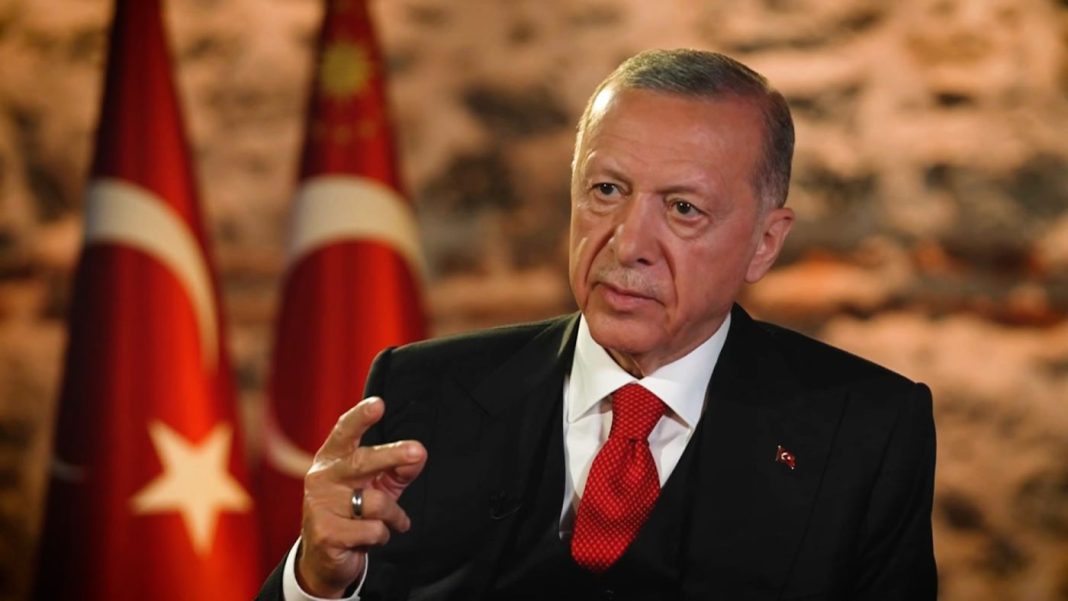“Mr President requested a change of guard, and chief advisors over the age of 65 resigned,” one of his advisors told MEE.
“Some consultants under the age of 65 also resigned. Those who resigned continue to be members of the presidential policy councils.”
Turkish news site OdaTV reported that long-time Erdogan advisors such as Aysenur Bahcekapili, Sefer Turan, Ilnur Cevik, Fahri Kasırga, and Sukru Karatepe have resigned.
Cevik has advised Erdogan since 2012 on Iraqi Kurdistan and regional affairs. Turan had been with Erdogan in an advisory capacity since 2011, concentrating on the issues in the Middle East and Gulf, and at times providing translation services for the president.
A separate source familiar with the changes said Erdogan was aiming to create a new team of advisors that would be presented to the public.
“Erdogan believes he needs fresh blood of experts that will be fit for the Turkish Republic’s centennial, which is due in October,” the source told MEE.
Ahead of presidential and parliamentary elections in May, Erdogan and his team were under pressure due to the dire economic situation and the ongoing problems facing the country following the catastrophic earthquakes that had killed some 50,000 people.
However, he defied expectations, defeating the opposition by a relatively comfortable margin.
Since then, Erdogan has begun to freshen up his administration, appointing an entirely new cabinet and sacking controversial politicians such as former interior minister Suleyman Soylu and finance minister Nureddin Nebati.
Most notably, Erdogan abandoned his controversial reliance on low interest rates and instead brought in advisors that adhere to more orthodox monetary policies favourable to the markets, such as replacing Nebati with Mehmet Simsek, a former Wall Street analyst.
